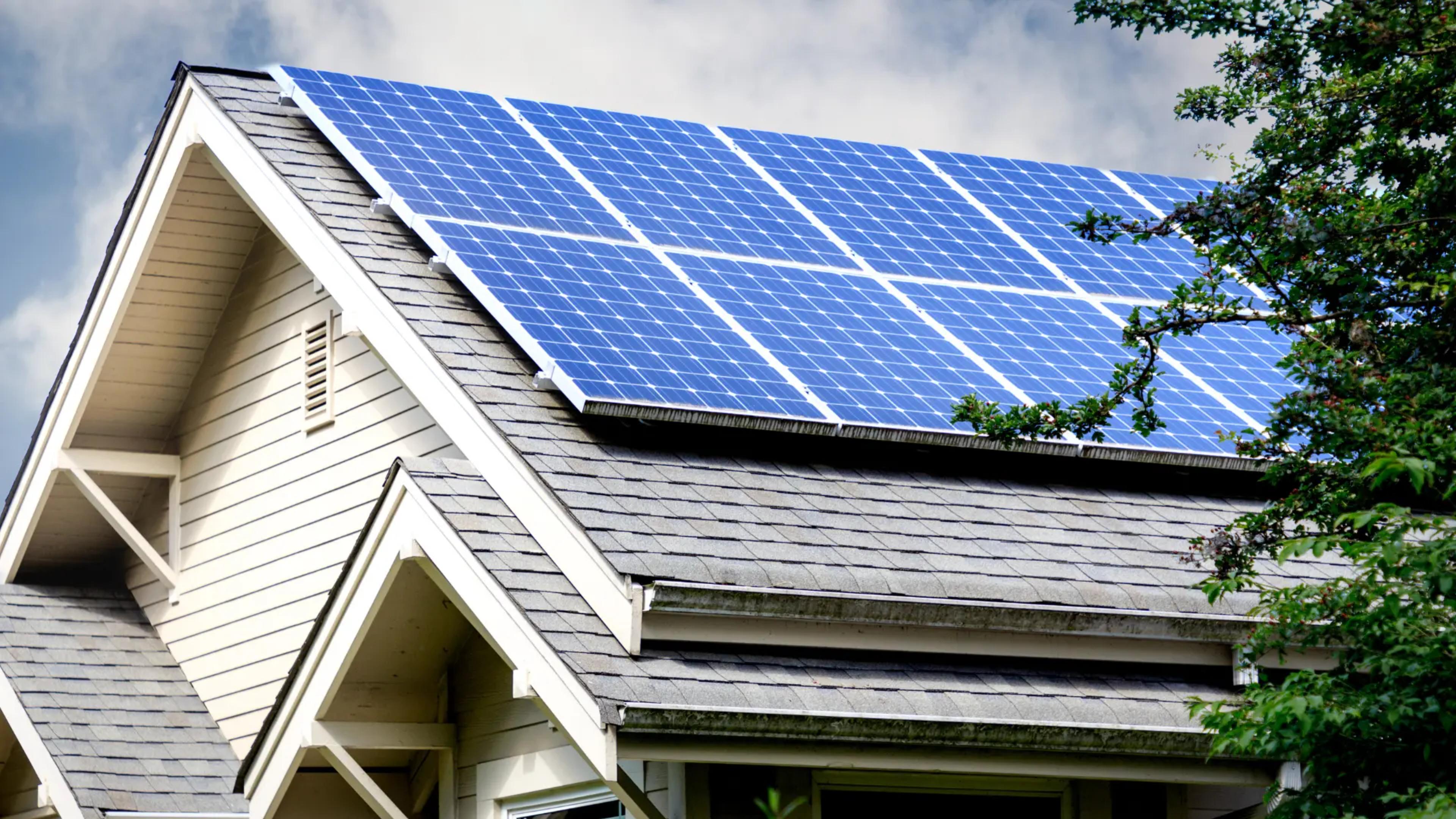Find Out About Simply Solar Illinois for Economic Renewable Energy
Find Out About Simply Solar Illinois for Economic Renewable Energy
Blog Article
How Solar Power Can Assist You Save Money and Lower Your Carbon Footprint
The assimilation of solar power right into your power portfolio presents an engaging opportunity for both economic savings and environmental stewardship. As numerous government motivations become readily available, the concern arises: exactly how can one efficiently browse the initial financial investments and continuous benefits of solar innovation to make best use of both economic and ecological gains?
Understanding Solar Power Financial Savings
While the change to solar power often includes a first financial investment, understanding solar energy financial savings is important for home owners and businesses alike. Solar power systems can substantially reduce electrical power costs by harnessing the sun's energy, equating into significant long-term monetary advantages. By creating their very own electrical energy, individuals lessen dependence on grid power, which is subject to varying costs. These financial savings can accumulate with time, commonly bring about a quick return on investment.
Additionally, solar energy systems may get various economic motivations, including tax credit reports and refunds, even more enhancing their cost-effectiveness. The schedule of web metering enables customers to market excess energy back to the grid, creating an added profits stream. These factors add to the general cost savings associated with solar power.

In enhancement to route financial savings, solar power offers the added benefit of increasing residential property worth. Residences outfitted with photovoltaic panels are often much more attractive to buyers, as they promise lower power costs - Simply Solar Illinois. Comprehending these aspects is necessary for any individual thinking about solar energy, as it highlights not just the possible monetary gains, yet additionally the broader environmental and financial benefits of taking on renewable resource remedies
Initial Prices vs. Long-Term Perks
When reviewing solar energy, it is necessary to evaluate the initial costs versus the long-lasting advantages. The in advance investment for photovoltaic panels, installation, and associated devices can be considerable, frequently varying from $15,000 to $30,000, depending on the system size and home power requirements. This initial expense may deter some property owners; nevertheless, it is crucial to consider the prospective savings in time.
Once set up, solar energy systems can considerably lower and even remove regular monthly electrical power costs, leading to significant long-lasting economic benefits. Researches indicate that property owners can save anywhere from $10,000 to $30,000 over the life expectancy of their planetary system, usually 25 years. Additionally, lots of states supply incentives, tax obligation credits, and refunds that can counter first prices, making solar a lot more easily accessible.

Decreasing Your Carbon Impact
Minimizing your carbon footprint is an essential consideration in today's eco mindful culture, and adopting solar power is among the most reliable strategies to accomplish this objective. Solar energy is a tidy, renewable resource that substantially decreases reliance on nonrenewable fuel sources, which are significant factors to greenhouse gas emissions.

Additionally, the widespread fostering of solar technology urges the development of environment-friendly jobs and supports innovations in energy storage space and efficiency. The even more individuals and organizations purchase solar power, the higher the collective reduction in carbon exhausts, promoting a cleaner ambience for future generations.
Government Incentives and Refunds
Taking on solar power not just you can look here profits the atmosphere yet can also cause considerable monetary savings, specifically with the schedule of government rewards and discounts. Various federal, state, and regional programs are developed to motivate homeowners and businesses to invest in solar energy systems, making the shift much more cost effective.
Among the most popular rewards is the Federal Financial Investment Tax Obligation Credit (ITC), which enables planetary system proprietors to subtract a substantial percentage of the installation expenses from their government tax obligations. This motivation has been pivotal in decreasing the in advance costs related to solar power systems. Furthermore, lots of states use their very own tax obligation credit scores, gives, and refunds that can additionally improve cost savings.
Moreover, some neighborhood federal governments supply residential property tax obligation exceptions for solar installments, making certain that home owners do not deal with boosted real estate tax as an outcome of their renewable resource investments. Energy firms might likewise provide incentives, consisting of internet metering and feed-in tariffs, which allow solar power find here users to market excess power back to the grid.
Selecting the Right Solar System
Selecting the ideal planetary system is critical for making the most of energy performance and monetary benefits. The choice pivots on numerous aspects, including power requirements, budget, and readily available area. Homeowners must start by assessing their electrical power usage to determine the system dimension required for optimum performance.
Following, think about the different types of solar innovations available. Simply Solar Illinois. Photovoltaic Or Pv (PV) panels are the most usual, converting sunshine directly right into electrical power, while solar thermal systems concentrate on heating water. Each type has distinctive here are the findings advantages relying on specific requirements
Spending plan considerations are likewise paramount. Preliminary installation expenses can differ considerably, so it is very important to compare quotes from multiple service providers and explore funding options. Government motivations and discounts can even more lower the financial problem, making planetary systems more obtainable.
Final Thought
In summary, solar energy offers a practical option for attaining significant expense savings while concurrently decreasing carbon emissions. The initial investment, though significant, yields substantial long-term financial benefits, with prospective cost savings varying from $10,000 to $30,000 over 25 years. The ecological advantages of solar power add to sustainable methods critical for combating environment change. Federal government incentives enhance the feasibility of solar technology adoption, encouraging a transition towards a cleaner, more financially efficient energy source.
Report this page